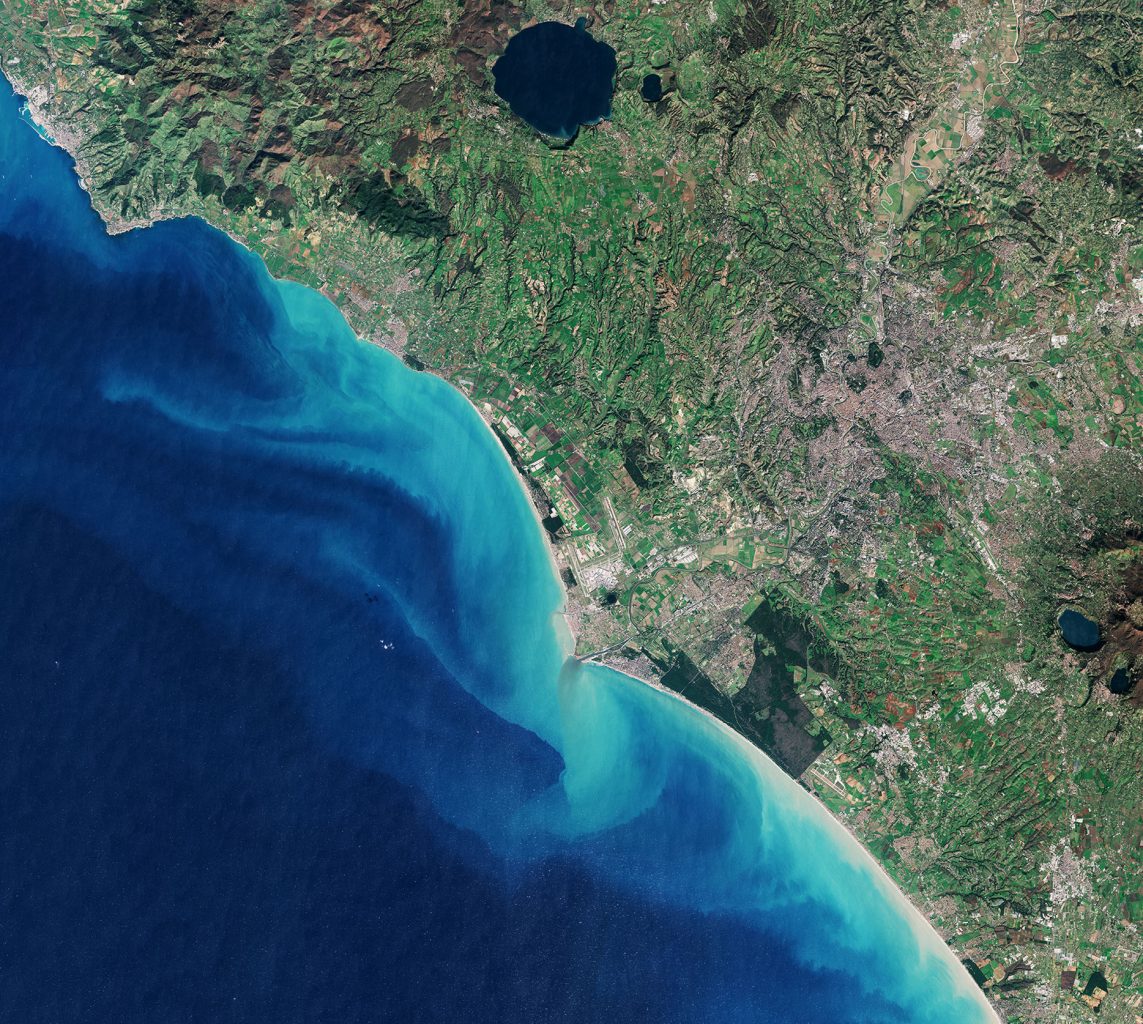Earth observation for the raw materials sector
Innovative decarbonising technologies, as well as resource-efficient products and goods, require a variety of materials for their functionality, many of them critical raw materials. Copernicus can be a powerful supply strengthening tool when applied to primary and secondary raw materials challenges, which EIT RawMaterials is investigating in the 4-year RawMatCop programme.
Earth observation data (made available by Copernicus) represent a real asset for the sustainable mining life cycle: exploration; extraction; closure and post-closure. The economic, social and environmental sustainability of the extractive industries can strongly benefit from services and products based on satellite data.
RawMatCop at the Raw Materials Week 2018
EIT RawMaterials is supporting cutting edge research on Earth observation for the raw materials sector through the RawMatCop programme – a four-year collaboration between DG GROW and EIT RawMaterials. During the European Commission’s 2018 Raw Materials Week, researchers and staff from RawMatCop and EIT RawMaterials contributed to a successful session for raw materials professionals and researchers, demonstrating the benefits that publicly available and free Earth observation data-based services can offer to both the private sector and to public authorities.
The day-long event consisted of a range of informative sessions, including panel appearances from Wesley Crock, Head of Academy, who presented the RawMatCop programme in the Copernicus session, and Elsy Ibrahim, post-doctoral researcher on the RawMatCop project. During the session, there was a lively discussion around potential of Copernicus data, combined with other data sources, for securing raw materials supply, and the opportunities to share the expertise through the educational aspects of RawMatCop project was also discussed. Delegates of the session agreed Copernicus data and services could contribute sound solutions when applied to concrete raw materials challenges. This would allow for saving costs and boosting the sustainable supply of primary and secondary raw materials in demand, now and in the future, for combating societal challenges, contributing to the UN SDGs and propelling a more circular economy.
For more information on RawMatCop:
- Raw Materials Academy: Copernicus – RawMatCop
- Copernicus – the European Union’s Earth Observation Programme




